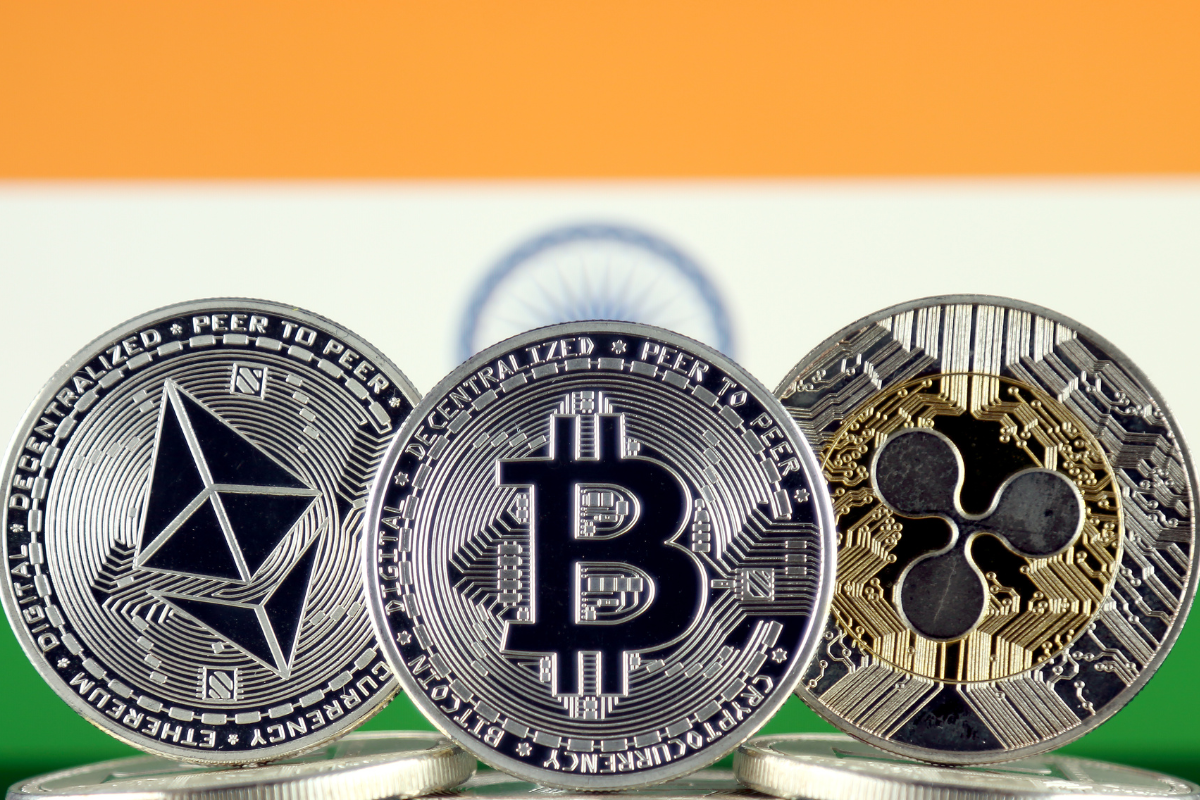
Bitcoin during its initial days met a lot of skepticism owing to its anonymity and traceability issues. However, it became apparent that its perception as a “safe haven” for illicit activities did not make sense. Fast forward to the present, crypto transactions are traceable and quicker than conventional payment processors, driving legacy services towards blockchain integration. This article discusses how crypto decentralization can be invaluable for retail broker segments seeking viable payment solutions across the forex market, attract clients, and grow their businesses further.
The concept of decentralization revolves around the distribution of authority or control across an organizational network. With respect to fiat denomination, decentralized cryptocurrencies lack a centralized authoritative figure such as governments or central banks.
Due to this very trait, Bitcoin and decentralized crypto transactions are visible to anyone. The underlying blockchain architecture records each transaction across its distributed ledger in an immutable fashion. To sum things up, decentralized crypto assets can be tracked wherever they go. In contrast to the general narrative, they are not anonymous but pseudonymous. They may not store real-world identities. But that doesn’t mean that the identities cannot be linked to their addresses.
Daily crypto transaction amounts exceed a million on the global scale. Excluding private coins, most of them are visible on the blockchain. The inherent lack of identity storage across the blockchain network is compensated by KYC/AML compliances. Value Added Service Providers(VASPs) such as exchanges and other crypto service providers abide by regulations across their geographic locations, making it easier to track the transactions using wallet addresses. Regulatory frameworks remained haphazard across the globe, and there have been calls for an organized framework. Nations like the UAE, Singapore and South Korea are a bit ahead of others in this regard.
Retail brokers and intermediaries associated with capital markets find it difficult to establish trust with their clients at the beginning stages. Additional challenges also include limited payment options, matching eligibility criteria of Payment Service Providers(PSPs), transaction delays, and chargebacks. The development of traceable blockchain-based payment solutions resolves these issues and some more.
Forex has been the world’s largest capital market for a long time, eclipsing US equity and bond markets by more than 30 times. However, with daily trade volumes exceeding $7.5 trillion in 2022, the recent growth is meteoric. Reports suggest a 7% compounded annual growth rate till 2028, with market capitalization exceeding $1.93 quadrillion. Almost 10 million traders deal regularly in forex, indicating a recent rise in popularity, more notably across the Middle East and Southeast Asia.
Forex trade has become extremely popular across the UAE. Around a million traders hail from the Middle East. The new-age approach to creating a regulations framework helped the UAE establish itself as a global hotspot. Obtaining a VASP license is recommended but not mandatory, as per the Regulatory Securities and Commodities Authority(SCA). This inclusive approach has led to a renewed interest in forex investment, with an average UAE forex trader having around $16,309 in his/her trading account.
Forex in India is predominated by institutional investors, banks and major brokers. A major segment of forex trade comprises OTC trade with daily trade volumes crossing $33 billion. Forex trade in India requires registration with the central bank RBI, and the involvement of authorized intermediaries. Recent trends indicate a rapid growth in Indian forex trade.
Crypto payment gateways have several advantages over traditional payment processors. Payment gateways offer the following benefits:
A broker can leverage crypto payment gateways and offer a wider range of payment options, attracting tech-savvy clients and crypto investors as well.
Owing to their borderless nature, brokers can maintain a global clientele by offering the best services. This facilitates business growth.
The underlying blockchain mechanism of cryptocurrencies facilitates lower processing fees compared to conventional options. This benefits both the client and the broker.
The distributed ledger mechanism of blockchain reduces the chances of fraud, while decentralization reduces security risks.
Crypto tokens can be used for hedging and leveraging forex positions. Clients can reduce their risk exposure with fiat-crypto conversion or vice-versa, as per requirements.
Small retail forex brokers lacking a payment gateway are swept aside both from participation and competition, due to a perceived lack of credibility and trust. Conventional payment systems cater mainly to institutional investors with gatekeeping eligibility barriers, high capital investment, and waiting periods. Crypto payment processors offer a great opportunity for entrepreneurs exploring forex brokerage. By offering better services at reduced costs, crypto decentralization has contributed to the democratization of forex brokerage.



